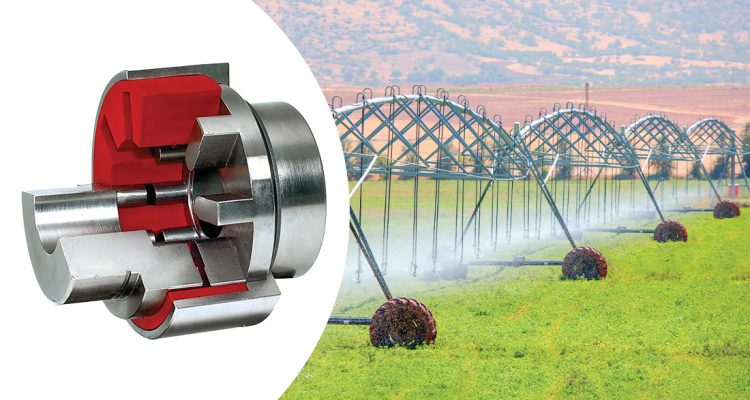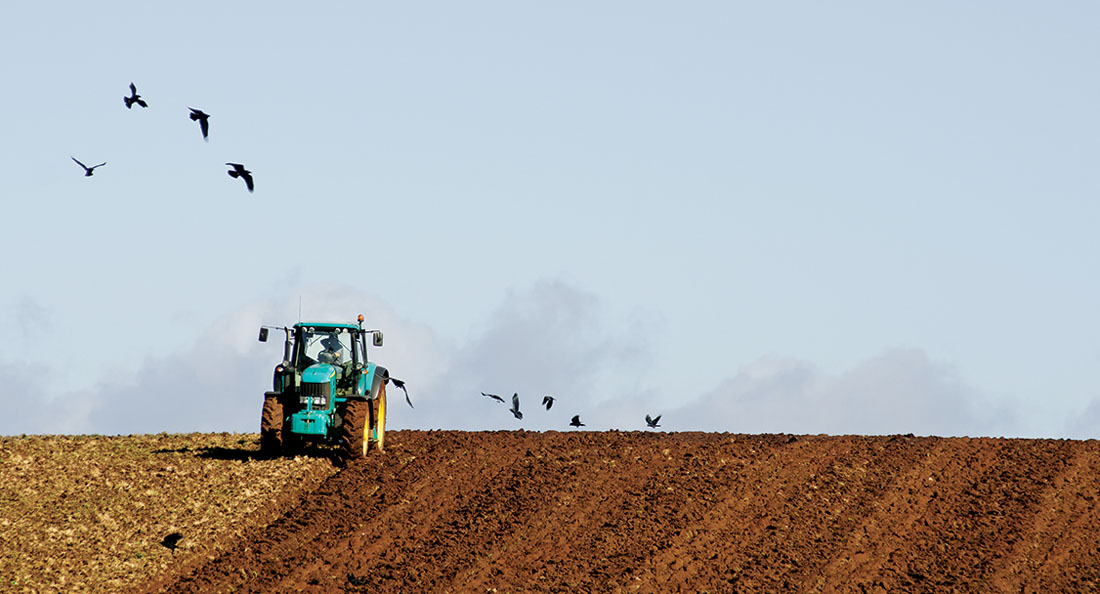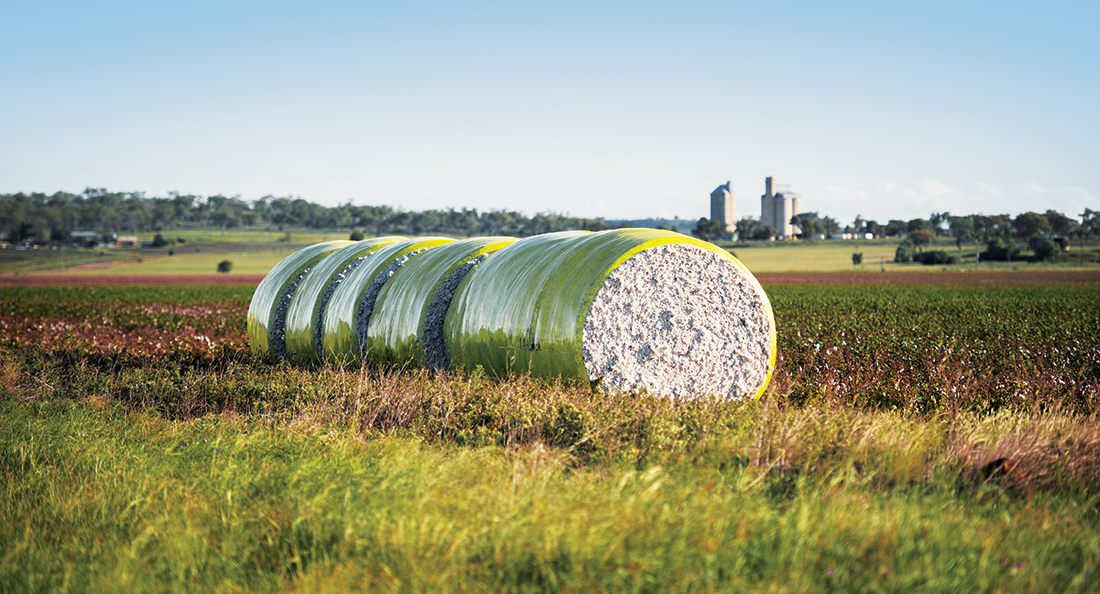In agricultural applications, the importance of heavy-duty, maintenance free couplings cannot be overstated, says Motion’s Branch Manager for Swan Hill, Bryden Coote.
“Downtime for anyone is painful but in the case of coupling failure, it can be particularly frustrating and costly – especially during harvest season – as standard couplings require you to pull apart the whole drive system of the application,” explains Bryden. “In the case of the Timken Quick-Flex® couplings, these are not only durable enough to cope with severe vibration and shock, they are designed with elastomeric inserts which means the couplings can be swiftly replaced without having to remove the hubs from the shafts.”
As Swan Hill is located in northern Victoria on the banks of the Murray River, Bryden mostly works with agricultural customers. The region – which is on the southern point of the Riverina – is renowned for its almond, grain, fruit and vegetable farming.
“These types of couplings are typically used in agriculture on irrigation pumps but also on harvesting machinery, such as almond harvesting machinery,” he says. “This is because they are known for being able to withstand tough conditions including extreme weather conditions.”
One of the key advantages of Timken QF couplings is their ability to accommodate misalignment. The flexible, elastomeric element allows for angular, radial, and axial misalignment between the shafts, which can help to reduce stress on the shafts and prolong their life.
“The QF couplings can absorb shock loads and vibration while accepting up to two degrees angular misalignment,” Bryden adds. “They can also handle high speed and very high torque of up to 188,000Nm.”
Due to the high torque capacity, the QF solution is often smaller than the coupling it has replaced, which reduces stress on other components and is a major weight-saving on the drive. Additionally, QF couplings do not need lubrication and operate without metal-to-metal contact. This means the metal hubs don’t wear and require little to no maintenance – only the urethane inserts will need replacing.
“Reducing maintenance is a huge time and cost saving for farmers and the fact that these couplings generally have the same life as the rotating equipment itself is a big win,” says Bryden. “Because you’re just replacing the inserts, it’s a big downtime saver. Instead of your equipment being offline for about 3 hours – which is the timeframe you’d expect with a standard coupling replacement – replacing these inserts takes just minutes.”
Moreover, Bryden reiterates the significance of the Motion and Timken partnership.
“The major benefit for farmers is that they can rely on us for support with this product range and other related solutions for harvesting equipment or pumps,” he says. “We are well-stocked with the QF couplings and can help customers choose the right coupling size and talk them through any questions they might have in regards to keeping spare inserts on site or what the QF installation and replacement involves.”
Six reasons why farmers choose Timken QF Couplings:
- Significantly reduces downtime and replacement costs because Timken inserts can be replaced without moving the hubs or disassembling the driving or driven equipment.
- Requires no lubrication and has no metal-to-metal contact so the hubs don’t wear, therefore eliminating maintenance.
- Can accept misalignment up to 2 degrees.
- Reduces inventory – the only spare part required is the urethane insert.
- Can handle high speeds and high torque.
- Durable in harsh conditions – design dampens transmitted torsional vibration and shock, extending life of the coupling and rotating equipment.




